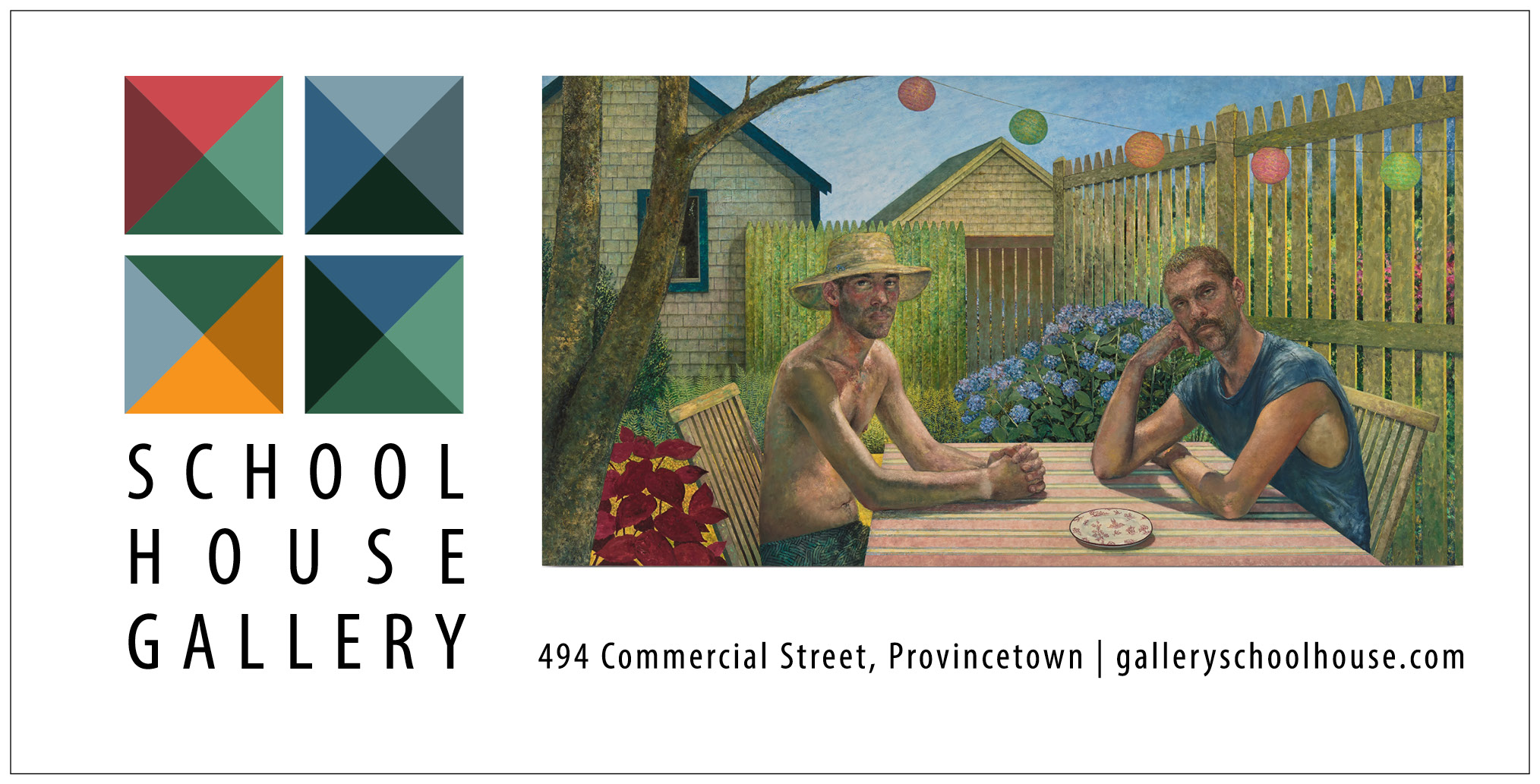With this issue of the Independent, we complete Volume 5, our fifth full year of weekly publication — 261 issues in all.
All those deadlines have kept us tightly bound to our desks, but Teresa and I got away to Providence last weekend for the fall publishers’ conference of the New England Newspaper and Press Association. There, in spite of the well-documented troubles of the industry — falling circulation, thousands of jobs lost, the proliferation of “ghost” newsrooms with zero local reporters — we saw evidence of courageous and inspiring journalism being done at small papers that were winners of NENPA’s annual awards.
The Maine Monitor in Hallowell published an award-winning exposé of the state’s probate courts, where neglect has created “a playground for crooked lawyers.” The Keene Sentinel, one of the smallest daily papers in New England, was honored for its coverage of proposed legislation to limit the rights of the LGBTQ community in New Hampshire. The Maine Trust for Local News won the press association’s First Amendment Award for reporting on the efforts of the state police to conceal the actions of law enforcement before and after the mass shooting in Lewiston. Seven Days, a superb weekly in Burlington, Vt., won a prize for its detailed, nuanced story of a homeless, mentally ill immigrant charged with murder. The Berkshire Eagle’s editorial condemning a police search of a Western Massachusetts middle school for LGBTQ-related books was another winner.
Much of this work was done by writers and editors in their 20s and 30s. Talking to them reinforced our conviction that journalism is not dying. The facts contradict the often repeated assessment of our profession as doomed: young people want to help sustain its most important traditions.
Describing the Outer Cape’s housing crisis to colleagues at the conference, however, made me question how much of a difference the Independent has actually made. I thought about Dan Katz’s letter last week with the suggestion that we simply need to pay our employees more so they can afford to live here. We’ve succeeded on many fronts: building circulation and advertising revenue and attracting investors who have enabled us to promote talented people and raise salaries across the board. The pay we now offer, $45,000 a year for a beginning reporter, is competitive with other small newspapers, but it’s absurdly inadequate when you look at housing costs here. Forget about finding a home on a reporter’s or editor’s salary, and progress on affordable housing is agonizingly slow. Besides Teresa and me, only one full-time member of our staff has stable long-term housing. That worries us.
Still, there are real reasons to celebrate: the Indie’s thousands of readers, a smart and dedicated staff, loyal advertisers, and hundreds of generous friends who help us in ways too numerous to name. Together, in five very long and very short years, all of us have created something good and still too rare in the newspaper universe.
At the conference, we also celebrated the Indie’s being named Newspaper of the Year in our category of smaller-circulation weeklies. That felt pretty good.



